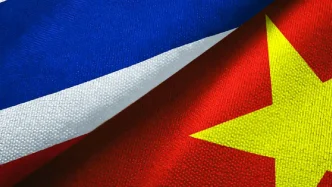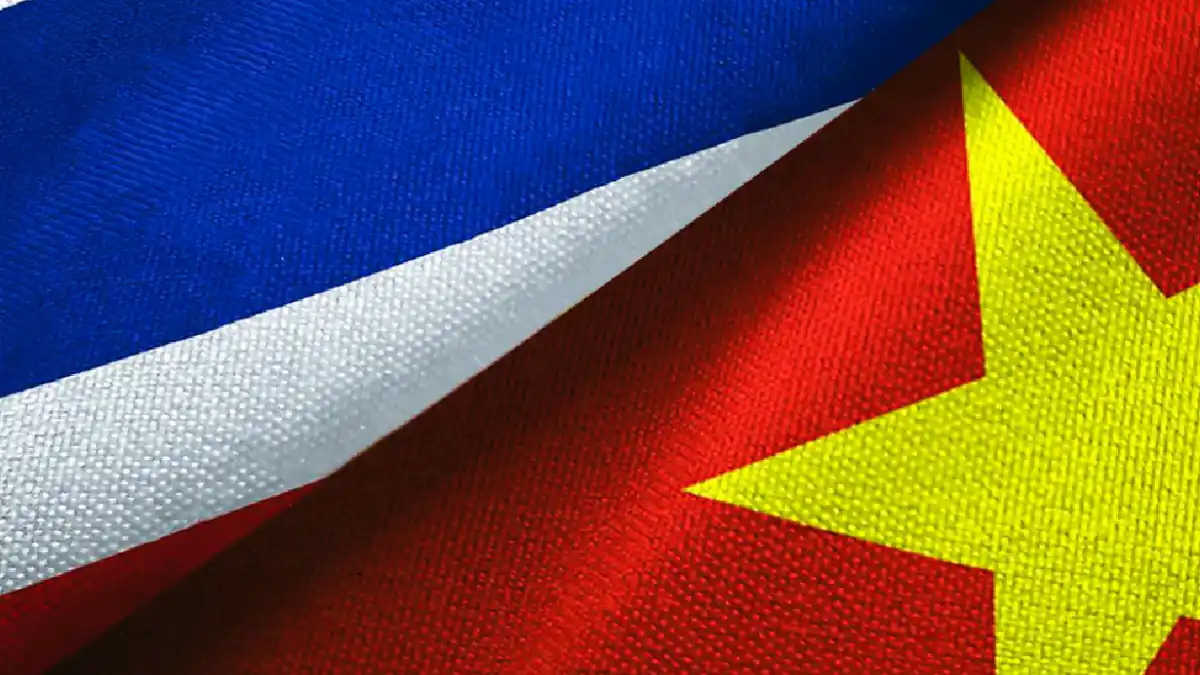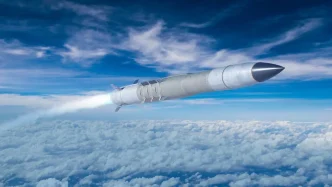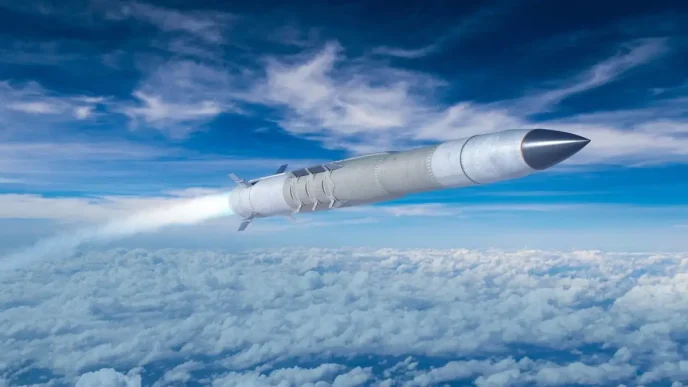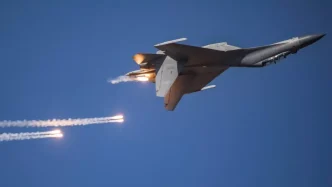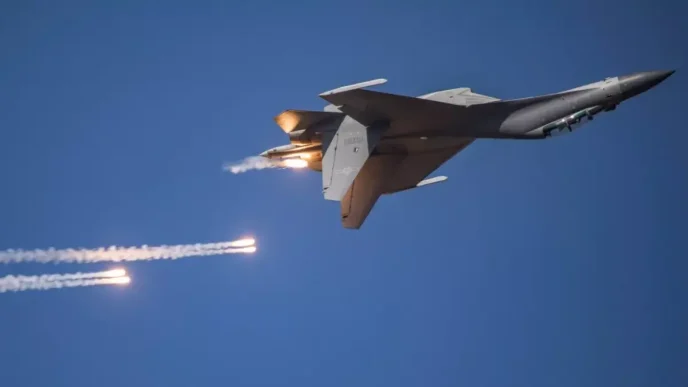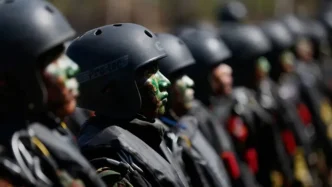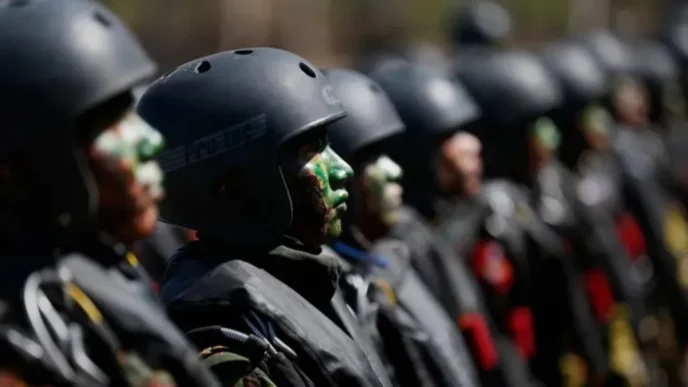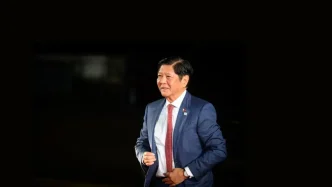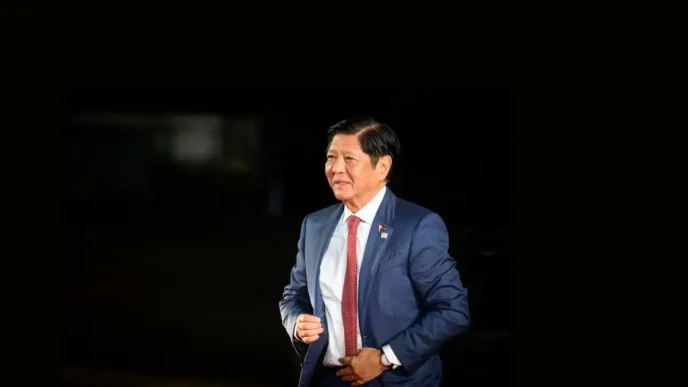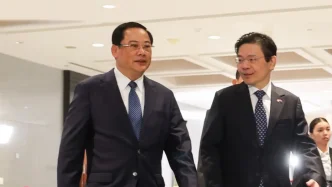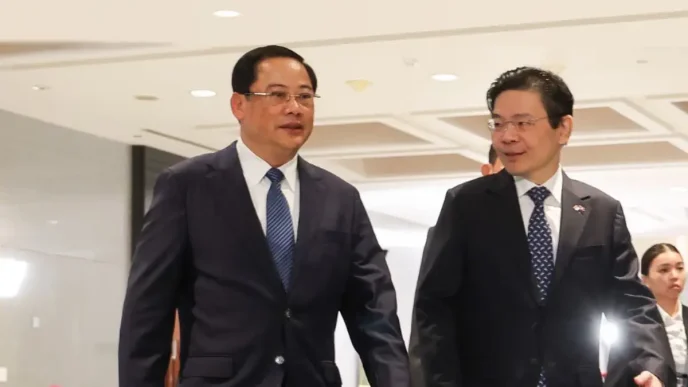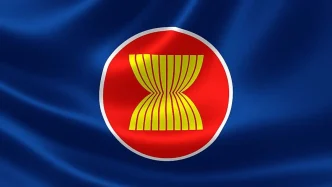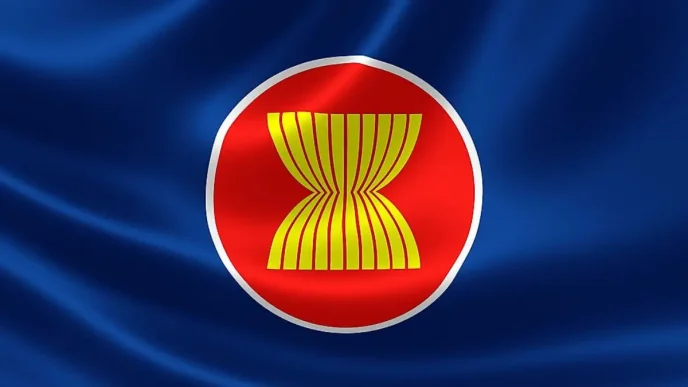In a significant step toward curbing the scourge of drug trafficking in Southeast Asia, Vietnam and Thailand have reaffirmed their commitment to joint efforts in drug control. The 17th Vietnam-Thailand Bilateral Meeting on Drug Control Cooperation, held on August 14 in Ha Noi, underscored the urgency of collaborative action amid the region’s complex and evolving drug trade challenges. As transnational crime networks continue to exploit porous borders and sophisticated smuggling routes, particularly through the notorious Golden Triangle, this partnership signals a renewed resolve to dismantle these operations and address the societal toll of addiction.
A Shared Struggle Against a Regional Crisis
The drug trade in Southeast Asia remains a persistent threat, with the Golden Triangle—where the borders of Thailand, Laos, and Myanmar converge—serving as a major hub for the production and trafficking of illicit substances like methamphetamine and heroin. These drugs often make their way through Laos, Thailand, and Cambodia into Vietnam, before reaching broader consumer markets across the region and beyond. The bilateral meeting in Ha Noi provided a platform for both nations to assess the current landscape of drug-related crime and evaluate the effectiveness of their joint initiatives.
Discussions at the meeting covered a wide range of topics, from the outcomes of previous coordination efforts to sharing expertise on drug rehabilitation and demand reduction. Both sides acknowledged the importance of capacity-building in areas such as drug forensics, tracing the origins of illicit substances, and conducting effective rehabilitation programs. The exchange of knowledge and strategies is seen as critical, given the adaptability of criminal networks that continuously evolve to evade law enforcement.
Major General Ngo Thanh Binh, Director of Vietnam’s Drug-Related Crime Investigation Police Department and head of the Vietnamese delegation, emphasized the need for seamless communication between the two countries. He proposed maximizing the use of existing hotlines, particularly through international cooperation officers and the Minister Counsellor at the Thai Embassy in Ha Noi, to ensure rapid information sharing on drug-related crimes. This mechanism, he argued, would enable swift verification and coordinated responses to emerging threats involving nationals or territories of both nations.
Joint Investigations and Task Forces: A New Frontier
One of the most forward-looking proposals from the meeting was the call for joint investigations into transnational drug crimes. Major General Binh suggested the formation of dedicated task forces comprising officers from both Vietnam and Thailand. These units would focus on conducting joint interrogations, sharing real-time intelligence, and pursuing extended investigations to gather evidence against sprawling drug networks. The ultimate goal is to dismantle entire organizations, rather than merely intercepting individual shipments or low-level operatives.
This approach is particularly significant given the scale of trafficking operations originating from the Golden Triangle. Drugs produced in this lawless region often traverse multiple borders, exploiting weak governance and corruption in transit countries. By targeting the broader networks—those responsible for production, transportation, and distribution—Vietnam and Thailand aim to strike at the root of the problem. Binh stressed that such coordination would be essential to address the flow of drugs through Laos, Thailand, and Cambodia into Vietnam, disrupting the supply chain before it reaches end markets.
Police Lieutenant General Phanurat Lukboon, Secretary-General of Thailand’s Office of the Narcotics Control Board and head of the Thai delegation, expressed optimism about the outcomes of the meeting. He highlighted the potential for deepened cooperation to yield tangible results, particularly in responding to the increasingly complex drug situation in the region. Lukboon’s confidence reflects a shared belief that sustained collaboration will not only enhance law enforcement capabilities but also meet the practical needs of both nations in combating this multifaceted crisis.
The Broader Context: A Regional and Global Challenge
The Vietnam-Thailand partnership must be viewed within the broader context of Southeast Asia’s drug epidemic. The region has seen a dramatic rise in the production and trafficking of synthetic drugs, particularly methamphetamine, over the past decade. According to reports from regional outlets, the Golden Triangle has become a leading global source of these substances, with production facilities often hidden in remote, conflict-ridden areas of Myanmar’s Shan State. The drugs are then smuggled through neighboring countries, including Thailand and Laos, before reaching Vietnam—a key transit point for shipments destined for markets in East Asia and beyond.
Vietnam, with its long coastline and proximity to major trafficking routes, faces unique challenges in stemming the tide of illicit drugs. The country has reported a steady increase in domestic drug use, particularly among younger populations, which has fueled demand for rehabilitation and prevention programs. At the same time, Vietnam serves as a gateway for drugs moving toward wealthier markets, making border control and international cooperation paramount. Thailand, meanwhile, grapples with its dual role as both a transit country and a significant consumer market, with authorities frequently intercepting large shipments of methamphetamine and other drugs at border checkpoints.
The bilateral meeting in Ha Noi builds on a history of cooperation between the two nations, which have long recognized that neither can tackle the drug trade in isolation. Past efforts have included intelligence sharing, joint training programs for law enforcement, and coordinated raids on suspected trafficking hubs. However, the evolving tactics of criminal syndicates—such as the use of technology to coordinate operations and the exploitation of legal trade routes for smuggling—have necessitated a more integrated and proactive approach, as highlighted during the recent discussions.
Challenges and Opportunities Ahead
While the commitments made at the 17th Bilateral Meeting are promising, significant challenges remain in translating rhetoric into results. One key obstacle is the disparity in resources and capabilities between Vietnam and Thailand. Thailand, with its more developed infrastructure and larger budget for law enforcement, often takes the lead in regional anti-drug initiatives. Vietnam, on the other hand, faces constraints in terms of funding and technological tools, which can hamper its ability to match the pace of joint operations. Bridging this gap through capacity-building programs and technical assistance will be crucial for ensuring equitable collaboration.
Another challenge lies in navigating the geopolitical complexities of the region. The drug trade in Southeast Asia is deeply intertwined with issues of governance, corruption, and armed conflict, particularly in areas like the Golden Triangle. Effective cooperation between Vietnam and Thailand will require not only bilateral trust but also coordination with other regional players, including Laos, Cambodia, and Myanmar. This is no easy feat, given the varying levels of political will and institutional capacity among these nations.
Moreover, the focus on rehabilitation and demand reduction—a key topic at the meeting—underscores the need for a holistic approach to the drug problem. Law enforcement alone cannot address the root causes of addiction, which are often tied to socioeconomic factors such as poverty, unemployment, and lack of education. Both Vietnam and Thailand have made strides in developing community-based rehabilitation programs, but scaling these initiatives and ensuring their long-term sustainability will require significant investment and political commitment.
Looking Forward: A Model for Regional Cooperation?
The outcomes of the Vietnam-Thailand Bilateral Meeting on Drug Control Cooperation offer a glimpse of what sustained regional partnership can achieve. By prioritizing joint investigations, real-time information sharing, and capacity-building, the two nations are laying the groundwork for a more robust response to the drug trade. If successful, this model could serve as a blueprint for broader collaboration within the Association of Southeast Asian Nations (ASEAN), where member states have long struggled to harmonize their anti-drug policies.
Yet, as both delegations acknowledged, the road ahead is fraught with uncertainty. The drug trade in Southeast Asia is not a static problem but a dynamic and adaptive one, driven by powerful criminal enterprises with vast resources at their disposal. For Vietnam and Thailand, the challenge will be to stay one step ahead of these networks, leveraging both technology and international alliances to disrupt their operations.
As the partnership deepens, the impact of these efforts on the region’s drug landscape remains to be seen. Will joint task forces and enhanced communication mechanisms deliver the decisive blow needed to weaken transnational trafficking rings? Or will the sheer scale of the problem continue to outpace even the most determined initiatives? For now, the renewed commitment between Vietnam and Thailand stands as a beacon of hope in a region grappling with one of its most intractable crises.
